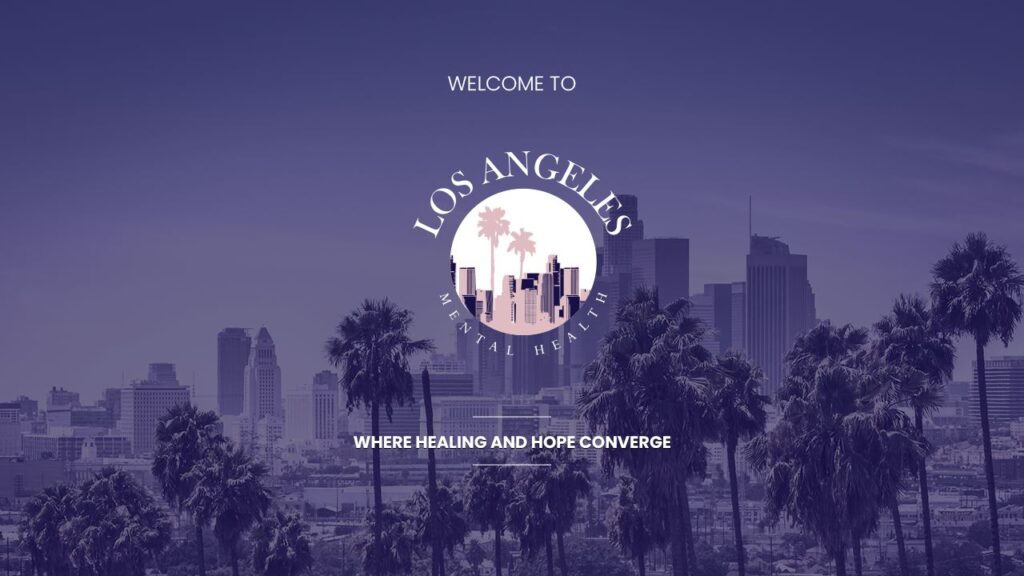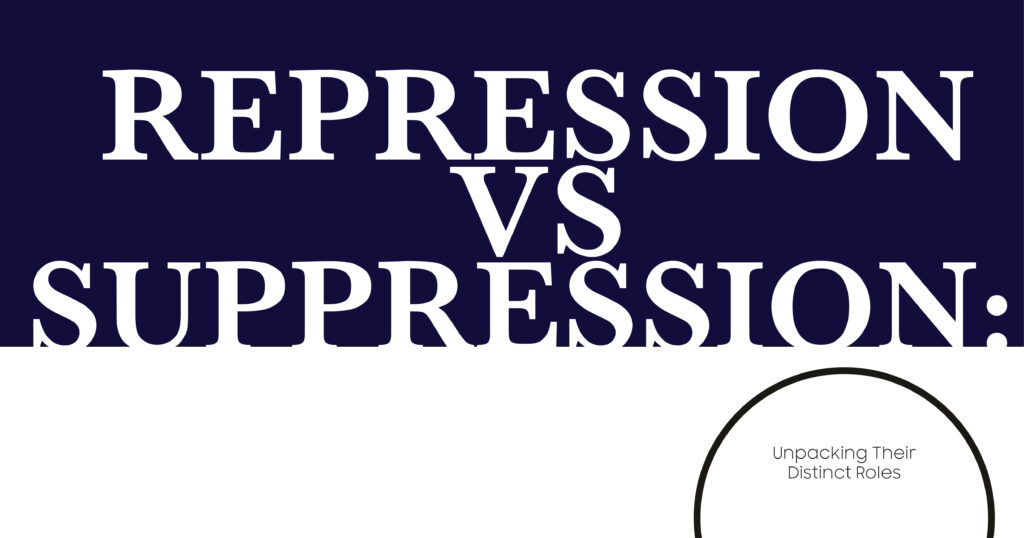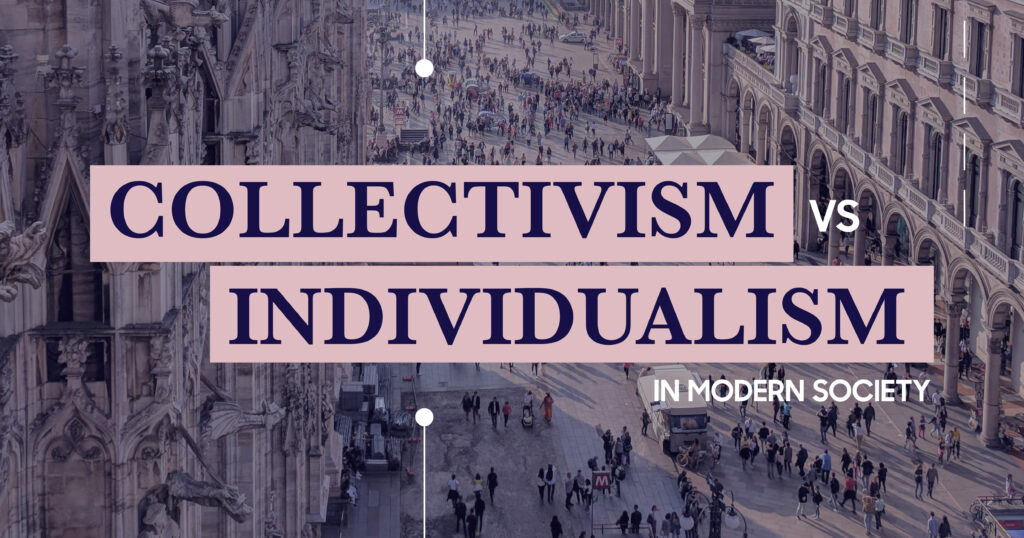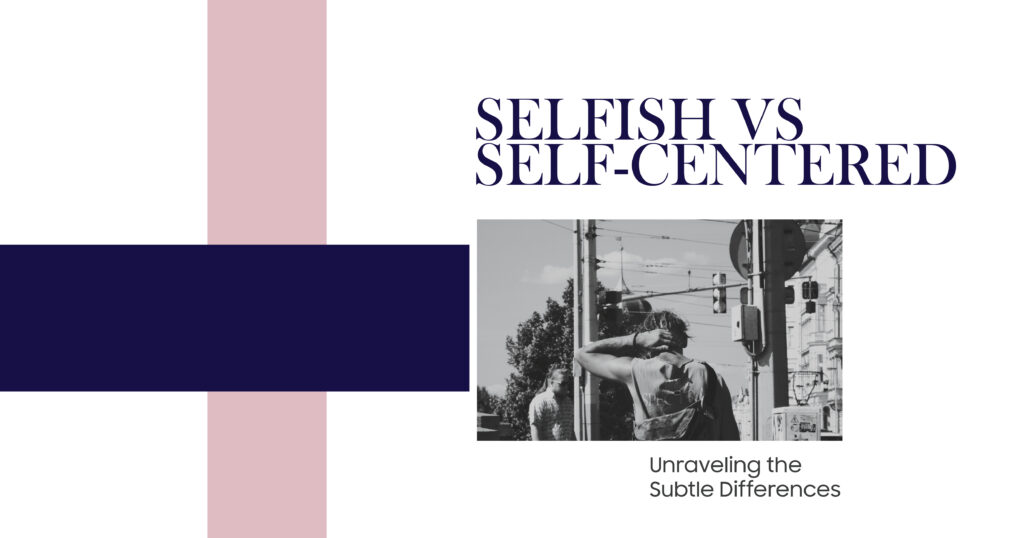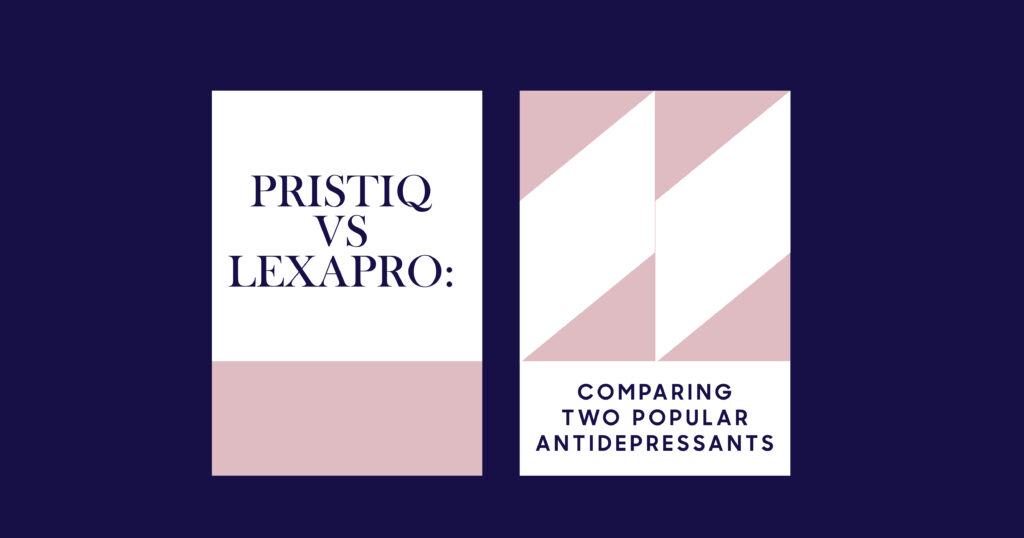It takes courage to admit that painful memories have a strange way of either lingering or disappearing altogether. Some people genuinely are not able to recall entire chapters of their past, while others remember every detail but still choose silence over retelling.
Take Lisa, for instance, she insists her childhood was “wonderful,” her smile tight as she speaks, even though she is reminded of her father’s drinking habits. Her brother Jake, on the other hand, has no memory of those tense family evenings, his mind has wiped them clean, sparing him the weight of what was too much to carry.
Here is the point – you can notice that the mind protects itself in two ways. One quietly discards the unbearable memories, and the other locks them away (hidden) but never lets them go. Both allow us to function, yet neither leaves us unchanged. Behind every reaction, every relationship, an unseen guardian is shaping who we believe ourselves to be, often without even realizing it.
Defining Repression and Suppression
The battle between repression vs. suppression happens in mental territories that most people never consciously explore.
Repression works completely underground, like tree roots growing where no one can see them. Your unconscious mind spots something threatening and simply makes it vanish without making you realize it. Like in this case, neither consultation is required, nor conscious permission is needed. Think of repression as that quiet friend who removes embarrassing photos of you from social media without telling you. You never know it happened, but his intervention somehow makes you safer. The painful experience does not actually disappear, and it just gets filed away in the mental storage area where conscious thought can’t access it.
Suppression, on the other hand, demands your active participation. It’s the difference between someone secretly throwing away your junk mail and you deliberately deciding to ignore it. When you bite your tongue during an argument or force yourself not to cry at a funeral, you are engaging in conscious emotional management. The feeling exists, you acknowledge it, but you choose to set it aside, at least for the current moment.
The Psychological Mechanisms Behind Repression
Freud (one of the most influential thinkers in psychology) understood something crucial about human survival. He claimed that sometimes, forgetting protects us better than remembering. The unconscious mind starts to behave like a security guard and senses emotionally threatening thoughts. In this way, it steers them away from awareness before they can shake our inner peace.
A ten-year-old who sees a violent argument at home may wake up with no recollection of the previous night’s shouting and chaos. And their subconscious has decided that forgetting was safer than trying to process it. The trauma does not disappear, and it secretly influences behavior, triggers anxiety in similar situations, and affects future relationships in ways the person may never consciously connect to their buried past.

A comprehensive overview of repression as a defense mechanism at Psychology Today, includes current research and clinical perspectives.
The Role of Suppression in Emotional Regulation
Suppression lives in the realm of choice and awareness. Every parent has suppressed frustration while helping with homework. Every employee has swallowed their anger when receiving unfair criticism. This conscious form of emotional control helps us to navigate complex social situations where expressing every emotion could lead to conflict or chaos.
The problem emerges when suppression becomes automatic. Some people develop such strong habits of pushing down their emotions that they eventually tend to lose touch with what they truly feel. They become emotional ghosts, going through the life, performing the expected roles, while their real selves remain buried under layers of conscious control and practiced restraint.
Real-Life Examples of Repression and Suppression
Let’s discuss an example of a 35-year-old teacher who describes her childhood as “pretty normal,” despite growing up with a severely depressed mother. Sarah experiences panic attacks in hospital settings, but can not understand why, and her mind has repressed memories of countless emergency room visits during her mother’s suicide attempts.
Now compare this to Michael, who fully remembers his father’s sudden death three years ago but consciously refuses to think about it during work hours. He acknowledges the pain, schedules time for grieving, and makes deliberate choices about when and how to process his loss.
The repression vs. suppression distinction becomes clear here. Sarah’s mind protected her automatically and unconsciously, while Michael exercises conscious emotional control. This is an in-depth academic resource examining the hierarchy and clinical assessment of defence mechanisms.
Long-Term Effects on Mental Health
Both mechanisms exact hidden costs over time. Repression often creates mysterious symptoms, unexplained fears, sudden rage, or physical ailments with no clear medical cause. The buried material does not stay buried forever; it seeps through cracks in unexpected ways, showing up as nightmares, phobias, or relationship patterns that make no logical sense.
Chronic suppression, on the other hand, creates different problems. Constantly focusing on controlling the emotions adds a burden and often leads to depression, anxiety, and emotional numbness. People who habitually suppress their feelings may describe life as a performance, where they have to act without emotions, while gradually losing connection with their authentic selves.
How Repression and Suppression Influence Relationships
Relationships suffer under the weight of both defence mechanisms. Repression creates invisible barriers where partners feel like they are loving a stranger who reacts inexplicably to ordinary situations. The person experiencing repression feels equally confused, unable to explain their responses to everyday triggers.
Suppression damages relationships differently. Constantly managing emotions creates distance between partners. The suppressor appears emotionally unavailable, while their partner feels shut out from their inner world. Intimacy requires vulnerability, and chronic suppression makes an authentic connection nearly impossible.
Tips for Addressing Repression and Suppression in Therapy at Los Angeles Mental Health
Professional therapy provides pathways out of both prisons. Repression vs suppression requires different therapeutic approaches, but both respond to skilled intervention. Recovery involves learning to trust that difficult emotions won’t destroy you and addressing the need to channel them. Reach out to us at Los Angeles Mental Health to get your life’s best healing experience.

FAQ’s
What is the difference between repression and suppression as psychological defense mechanisms, and how do they impact emotional responses?
Repression is something when your mind masters the art of hiding pain without letting you know about it. Suppression, on the contrary, is when you choose to push feelings aside knowingly, on purpose. Both may protect you instantly, but over time, they can affect how you feel and respond emotionally.
How can understanding repression and suppression help with stress management and behaviour adjustment in mental health?
If you can differentiate between the two, it assists you in becoming more aware and handling your emotions carefully. It helps a lot in responding in a better way without getting the stress piled up.
In what ways does the subconscious mind utilize repression and suppression as coping strategies to handle emotional stress?
The subconscious mind may use repression to hide pain so you do not have to feel it all at once. Meanwhile, suppression copes when it lets you control your emotions by setting them aside for later.
How do conscious efforts in suppression differ from subconscious processes in repression within the context of defense mechanisms?
Suppression (intentional) is a choice you make when you are consciously aware of it. You know exactly what you are feeling, but hold it back. Repression (automatic) plays its part without your awareness and is often characterised by blocking the memory completely.
Why is it important to recognize the role of repression and suppression in shaping behaviors and mental health outcomes?
Understanding repression and suppression helps you identify where your reactions really stem from. It’s a step toward healing and reconnecting with your true feelings.
